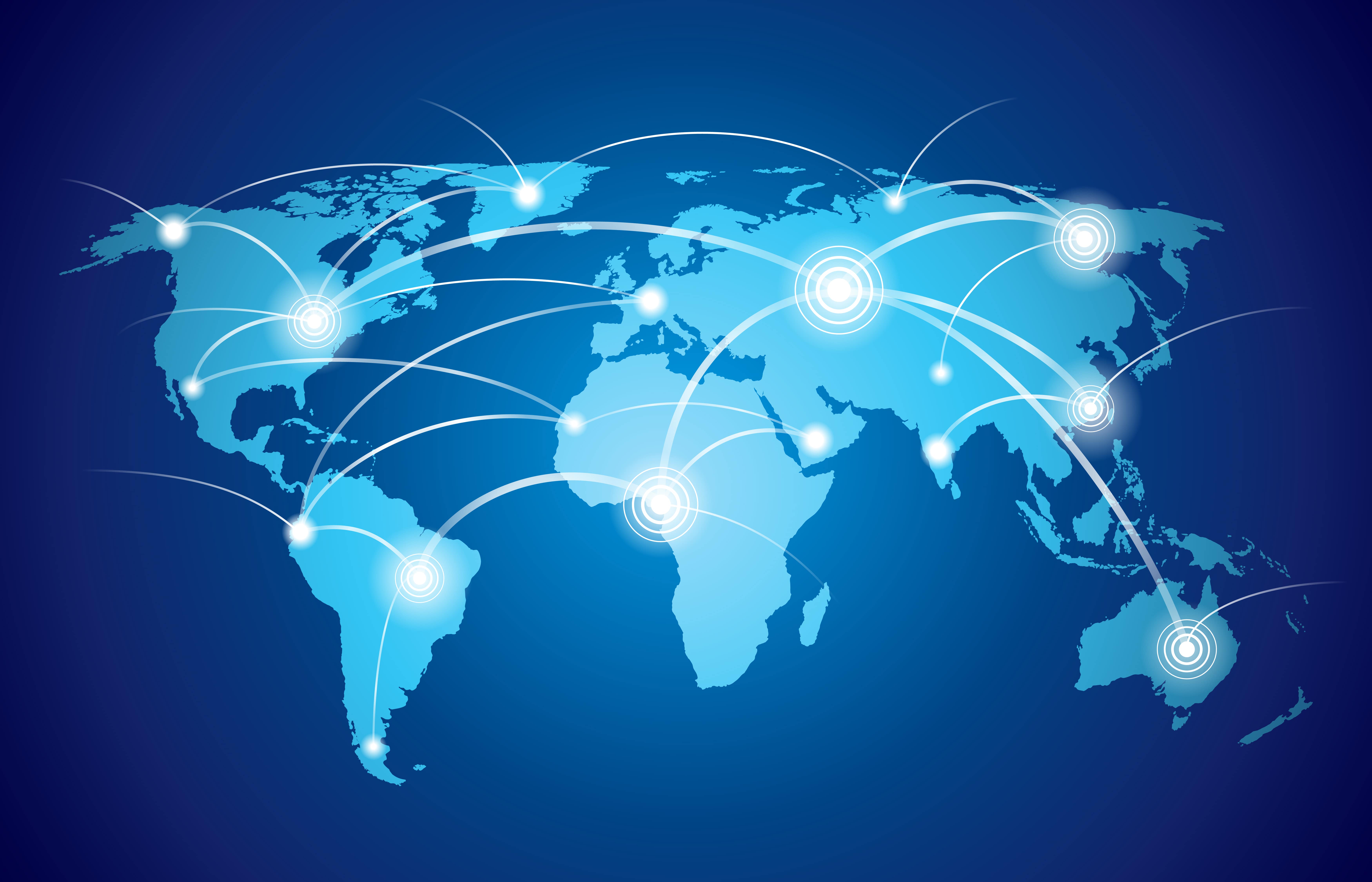Tariff Consequences
Tariffs, essentially taxes on imported goods, have significant consequences rippling through economies globally. Understanding these consequences is crucial for businesses, consumers, and policymakers alike. A primary effect is increased prices for consumers as imported goods become more expensive. This can lead to reduced purchasing power and potentially slower economic growth. Conversely, domestic industries producing similar goods may benefit from increased competitiveness, potentially leading to job creation and boosted production. However, this protection can also stifle innovation and efficiency as domestic companies face less pressure to compete. International trade relations are significantly impacted, often leading to retaliatory tariffs from other countries, escalating into trade wars and harming global economic stability. The overall impact of tariffs is complex, varying depending on the specific goods taxed, the size of the tariff, and the economic structures of the countries involved. Analyzing these consequences requires careful consideration of various factors, including consumer spending, industry productivity, and international trade dynamics. This tag will help you explore the multifaceted implications of tariffs in greater depth.
How Have U.S. Tariffs on China Affected Global Supply Chains?
Many multinational companies rely on China for manufacturing and exports. Have U.S. tariffs on Chinese goods led to supply chain disruptions or increased production costs? Have businesses relocated manufacturing to other countries as a result?

Related Tags
View AllMost Active
View All






